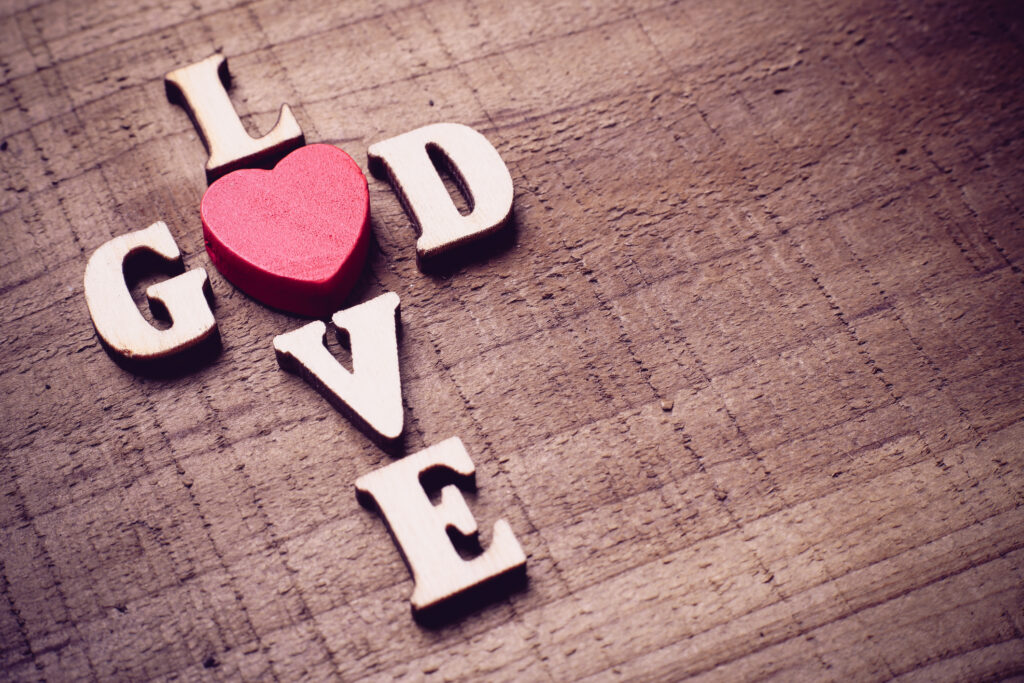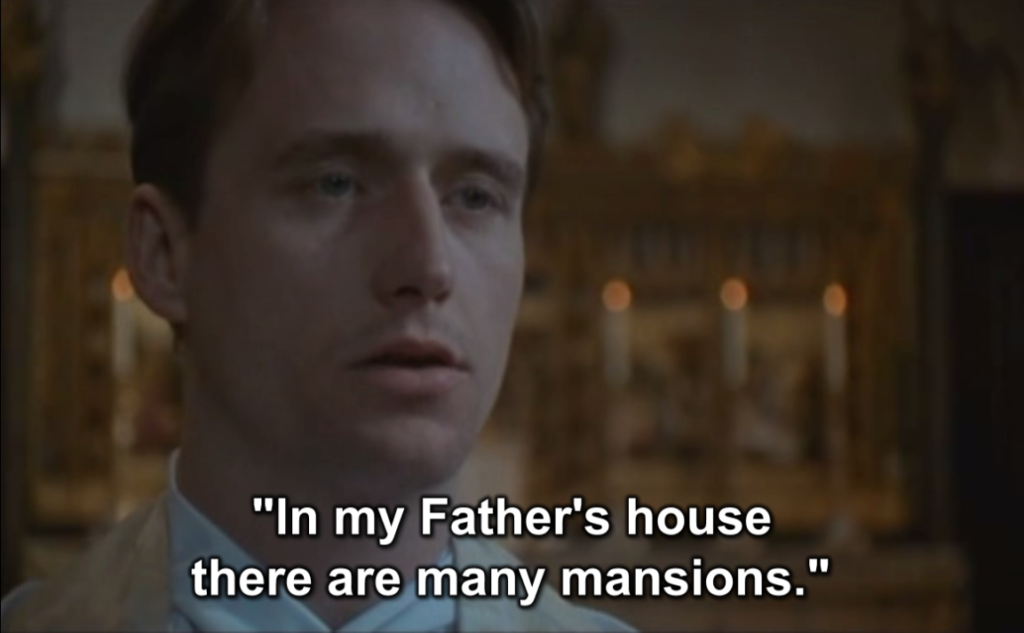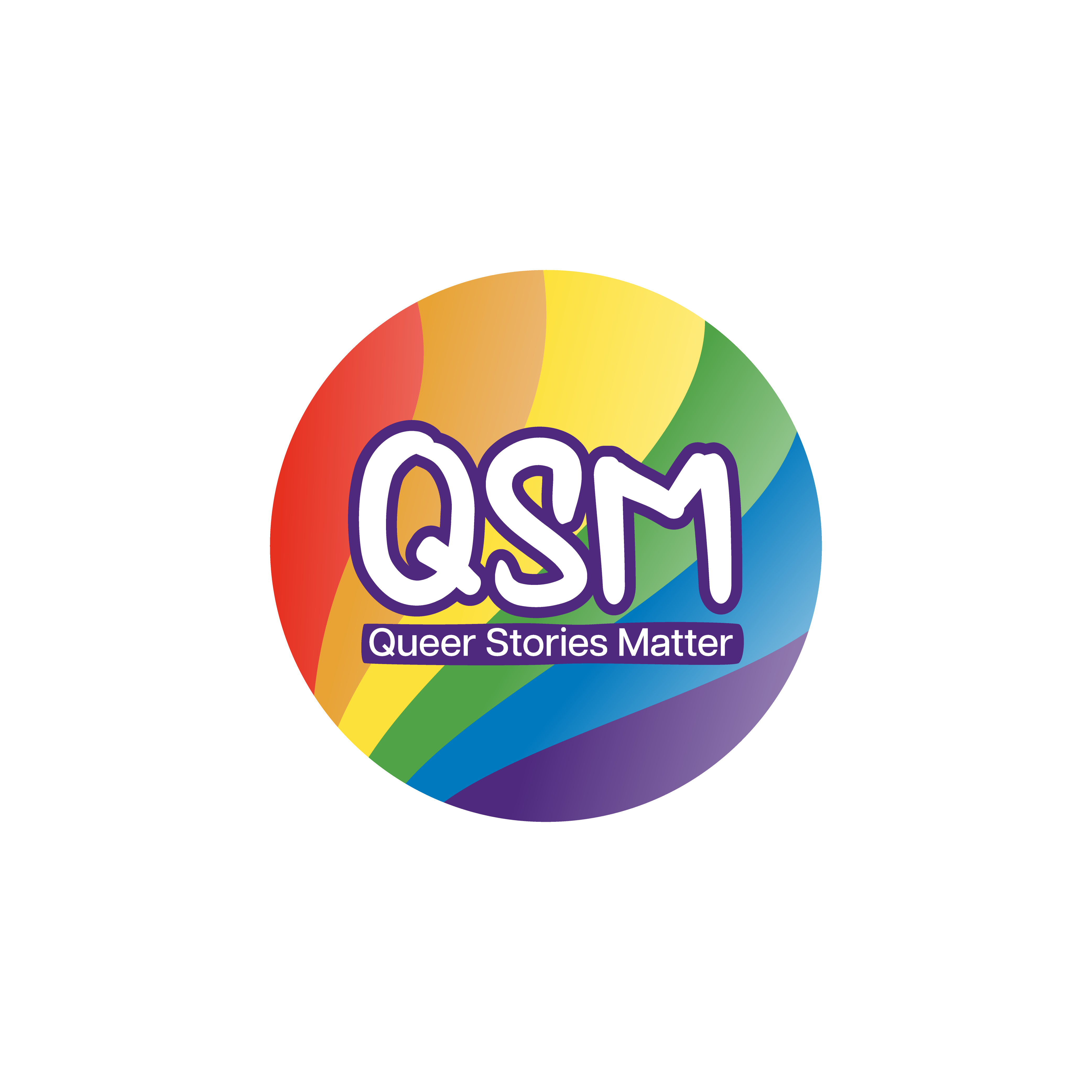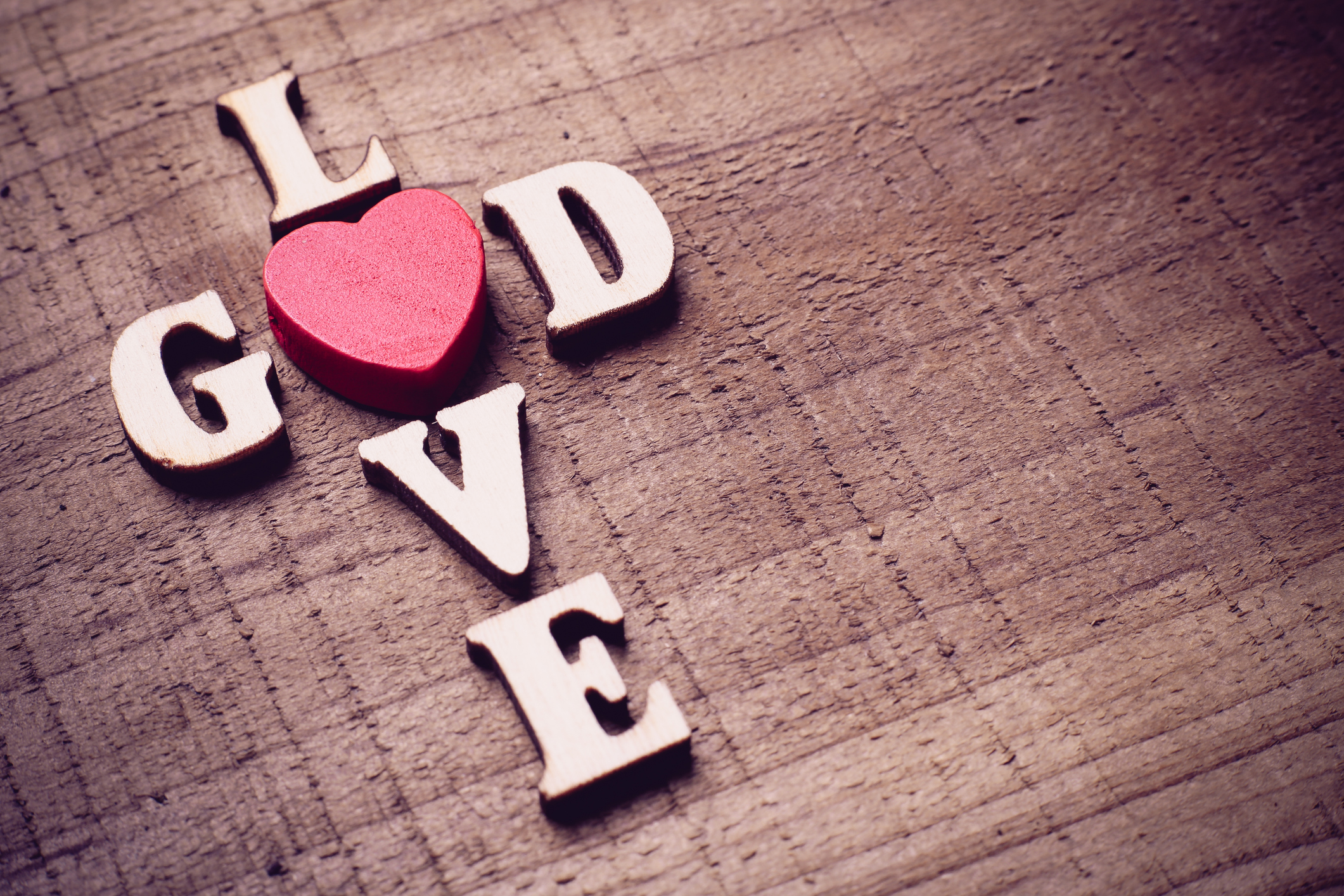
My sister
I was born in a small town in northern Bulgaria in the late 1970s, in a typical small-town family. Religion was banned, or at least severely restricted, by the state and no one in my family was religious. My parents had baptised my sister and me when we were babies. We followed the traditions that everyone else in our environment followed but no one was praying, preaching, or speaking about heaven and hell. It was only in the 1990s, after the end of communism, that information, discussions, books, and so on about religion, especially Christianity, became more common. And in my family, my sister somewhat suddenly, became religious (Eastern Orthodox).
But first, I bit about her. I’ll call her D. She was three years older and as children we were very close. We argued occasionally but most of the time we loved and supported each other, stayed up talking all night, and she always let me spend time with her and her friends. As teenagers, we continued going out, spending time, having common friends, and taking a united front against our parents. She used to call my “my genius brother”; I called her “my wise sister”. In short, I have only nice memories of us growing up together.
So when D. was 16 or 17 years old, she started reading the Bible, having long discussions with her friends about God, faith, and spirituality, and sometimes going to church. After high school, she went on to study Theology at Sofia University. My point is, she was quite religious but wasn’t annoying about it; and like all university students, she also used to party, drink, smoke, and so on.
I was accepted into Sofia University one or two years after her, so for two or three years, we were both studying in Sofia. In one of these years, we both lived in the student dormitories, in different buildings but just a five-minute walk from one another. We weren’t spending as much time together as when we were children, but we were still very close. So when I confirmed to myself that I’m gay not only in theory but also in practice, I decided that I should tell my closest friends, including her. And so one evening I went to her dorm room and said to her something dramatic like “I want to talk to you about something” or “can we go somewhere and talk”. There was a party going on there but she immediately said yes and we went to the nearest bar.
We ordered drinks and I mumbled “well, D., I’m gay”. To which she replied something to the effect of “Well, as you know, according to the Bible, this is a sin. But you’re my brother and I love you very much.” This line might seem a little cliché now but at that time, it was the best, and the most heart-warming, thing I could expect to hear from her. I was extremely happy by her reaction. This was my second coming out and I felt relieved and proud.
Several years later, D. decided to dedicate her life to God. Without going into details, she’s not a nun but she’s been living like one, together with two other people, in a small stone house (which they built) near a village in southern Bulgaria. They spend their days tending to some animals and crops, reading the Bible, translating church texts from Russian and Church-Slavonic to Bulgarian (no idea why!), and talking about God, spirituality, and so on.
Since she started living this way shortly after uni, apparently she feels uncomfortable with my sexual orientation and discusses it with people around her. She has told me several times over the years that she spoke about it with this priest or that monk because “you know, it’s a sin, according to the Holy Scripture”. And these priests, monks and other “men of faith” told her that my sexuality is not the most important thing and it’s not the determining factor about whether and how God will judge me one day. They told her it’s much more important to be a good person, generous, patient, not to insult or hurt people, and so on. “And this is exactly what you are – you’re always so calm, kind, and helpful, you never raise your voice… you’re a good person. This is more important than who you go to bed with”, she told me.
By that time, we were living completely different lives and I didn’t know that she was so concerned about my eternal soul. But these words, like those she said when I came out, really warmed my heart. In her context, given the way she lives and what she believes, this is a huge deal. It was also nice to know that priests or monks would say this…
Now we rarely see each other – maybe once a year for a couple of hours. We seem to have an understanding where I know she doesn’t approve of my way of life, so she doesn’t talk about my sexuality. Likewise, she knows I don’t approve of her way of life (as a sort of an ascetic) and I don’t need to talk about it. I think we silently agree that we’re not going to change the other one and it’s better to spend what little time we have together in peace and love without upsetting each other. And I think it’s working okay for us.
***
Nicky, the jasmine tea, and The Priest
(This story happened two or three weeks before the coming out story above.)
As I mentioned, at the end of the 1990s, I lived for two years in a student dorm. (For context for international readers, the student dorms are in a Sofia neighbourhood called Students’ City. There are about 40,000 residents and with so many young people, it has a reputation for a party place. The building where I lived had six floors, with 30-40 rooms per floor with usually three people in a room. The dorm was mixed but the rooms were for either men or women.) There was a café on the ground floor of our building where residents and outsiders would drink, socialise, and play pool or cards. But my story is about the late Bulgarian poet Nikolay Atanasov (to his friends – Nicky), who was working as a bartender in the café and became my friend.
In the 1990s, before internet, hookup apps, or social media, and when Bulgarian society was even more conservative than today, gay people had to be extra careful when we tried to find others like us. Our gaydars are reliable but could also mislead us. So we had to look for “clues” in people’s appearance or behaviour before we could assume they were gay and even then we had to proceed with caution. I suspected that Nicky was gay because he was constantly playing Madonna’s Ray of Light album in the café, wore an earring on his right ear (more on that later), used to slide on the floor while walking (a playfulness that straight men didn’t exhibit), and there was often one guy, K., around him.
I was getting more comfortable with the fact that I’m gay and so I wanted to share it with someone and meet other gay people. Although I suspected that Nicky was gay, I had to be sure. So one Sunday afternoon, I invited him over to my room for jasmine tea. Jasmine tea had sentimental value to him for some reason, and I simply enjoyed the smell. (Do straight men even say the word jasmine?)
We were talking about this and that and at one point the conversation turned towards religion and Christianity. Nicky said something along the lines of “I can’t accept a religion, which rejects one very significant part of me, of my nature.” I knew what he meant –what this significant part of his nature that’s rejected by Christianity is – but I wanted us to say it.
I remembered that on the next day, one of the cinemas was showing the 1994 movie The Priest which I had seen a few years earlier. It’s about a young Catholic priest in Ireland, Father Greg, who struggles with his attraction to men and, more specifically, the young and hot, out and proud Graham (played by Robert Carlyle). The higher-ups learn that Father Greg is attracted to men and try to chase him out of the church. However, he and his friend Father Matthew passionately defend him, saying that God is merciful, that He loves all His children, and so on. And so Father Greg remains in his position as priest in the church.

I told this short plot summary to Nicky and I said we could go and see the movie on the next day. I said something like “so, you see, I think Christianity can welcome every person. Just because someone is gay, for example, this doesn’t mean he should be rejected.” Nicky looked at me, grinned, and said “am I so obvious? What gave me away, was it the earring?” (At that time, an earring on the right ear could mean that a man was gay). I mumbled “well… erm…” and he added “or is it more that birds of a feather flock together?” That’s exactly what it was and I confirmed. Now everything was clear to everyone and I had finally come out to someone.
A few days later, Nicky invited me to a “mix party “(this was how discos in the 90s referred to LGBTI+-friendly events) in his room. That’s when my gay life really began – at that party, I met other gay men, some of whom would later become friends or boyfriends. Soon, I started going out to gay bars and events and felt more and more comfortable with my identity.
And so this short discussion with Nicky about Christianity while having jasmine tea on a Sunday afternoon played an important part in forming who I am and how I feel today. It has a very special place in my heart.
(This story was originally published in Bulgarian. If you’d like to send a story about your experiences with religion, faith, church or spirituality, see the Call for Contributions. If you’d like to share a story on a different topic, see the Contact page.)

